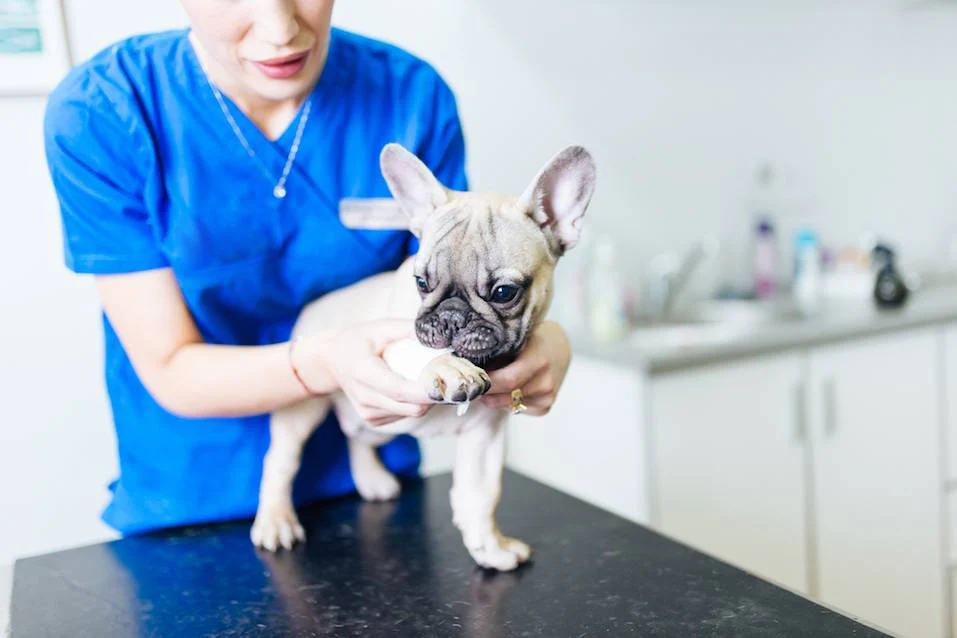Introduction
The global pet industry has shifted far beyond food, toys, and routine veterinary care. Today, innovations in genetics and DNA testing are reshaping how breeders, veterinarians, and owners approach companion animal health. For purebred dogs such as French Bulldogs, which are prone to hereditary conditions, these tools are more than scientific novelties — they represent a new standard in responsible breeding.
Forward-thinking breeders are using DNA markers and genetic insights to make more informed pairing decisions, reducing the risk of health complications and increasing the chance of producing strong, healthy litters. This intersection of biotechnology and animal husbandry is not only improving outcomes for dogs, but also transforming breeder reputations and the economics of the pedigree pet industry.
The Rise of DNA in Pet Breeding
Consumer demand for health transparency in pets mirrors the growth of companies like 23andMe and AncestryDNA in humans. Pet owners increasingly expect breeders to demonstrate that their programs are health-focused, not just color- or appearance-driven.
DNA testing enables breeders to identify genetic carriers for conditions like brachycephalic obstructive airway syndrome (BOAS), degenerative myelopathy, and hip dysplasia. Just as importantly, testing helps confirm markers for traits such as coat color while ensuring risky gene pairings are avoided.
Why Planned Breeding Matters
Traditional breeding has always relied on pedigree records and visible traits. But genetics can reveal what the eye cannot. For example, the merle gene can be harmless in one copy, but doubling it by pairing two merle carriers increases the risk of puppies with hearing or vision impairments.
By leveraging DNA insights, breeders can:
- Avoid high-risk pairings.
- Plan litters with a lower probability of hereditary disease.
- Improve comfort traits, such as slightly longer snouts in French Bulldogs for easier breathing.
- Build reputations as responsible, science-backed breeders.
The result is a healthier litter and greater confidence for families investing in a French Bulldog companion.
Case Study: DNA-Guided French Bulldog Stud Services
Breeders offering specialized stud programs are increasingly integrating DNA testing as a cornerstone of their service. For instance, BluFrenchibles’ French Bulldog stud service incorporates health testing and genetic profiling into the selection process, giving breeders confidence in pairing decisions.
For clients unable to travel, French Bulldog semen shipping extends access to DNA-tested studs across North America. Combined with artificial insemination, this makes it possible for breeders from New York to California to align timing, genetics, and logistics for the best outcomes.
And when litters are born from these health-first practices, families seeking French Bulldog puppies gain additional peace of mind, knowing their new companion has been bred with both science and welfare in mind.
Economic and Brand Benefits for Breeders
From a business perspective, DNA testing isn’t just about animal health — it’s also about long-term sustainability. Breeders who invest in genetic planning see:
- Fewer costly veterinary issues for buyers, leading to stronger reputations.
- Higher demand from discerning owners who value health guarantees.
- A competitive advantage in an industry where trust and transparency drive referrals.
As the pet industry continues to grow into a multi-billion-dollar global market, genetics and DNA-driven planning are becoming key differentiators for breeders who want to build lasting, respected programs.
The Future of Pet Breeding: Tech + Responsibility
The integration of DNA testing into dog breeding reflects a broader trend: the tech-ification of pets. Just as pet wearables, telemedicine apps, and online platforms have changed veterinary care, genetics is setting a new baseline for responsible breeding.
For French Bulldogs in particular — a breed beloved but sometimes criticized for health challenges — DNA-driven stud services are leading the way toward healthier, more resilient generations.
Conclusion
Planned breeding powered by DNA is not only improving the welfare of animals, but also reshaping the economics of the pet industry. By using genetic insights to guide decisions, breeders are maximizing the chance of producing healthy litters while elevating their credibility with customers.



























